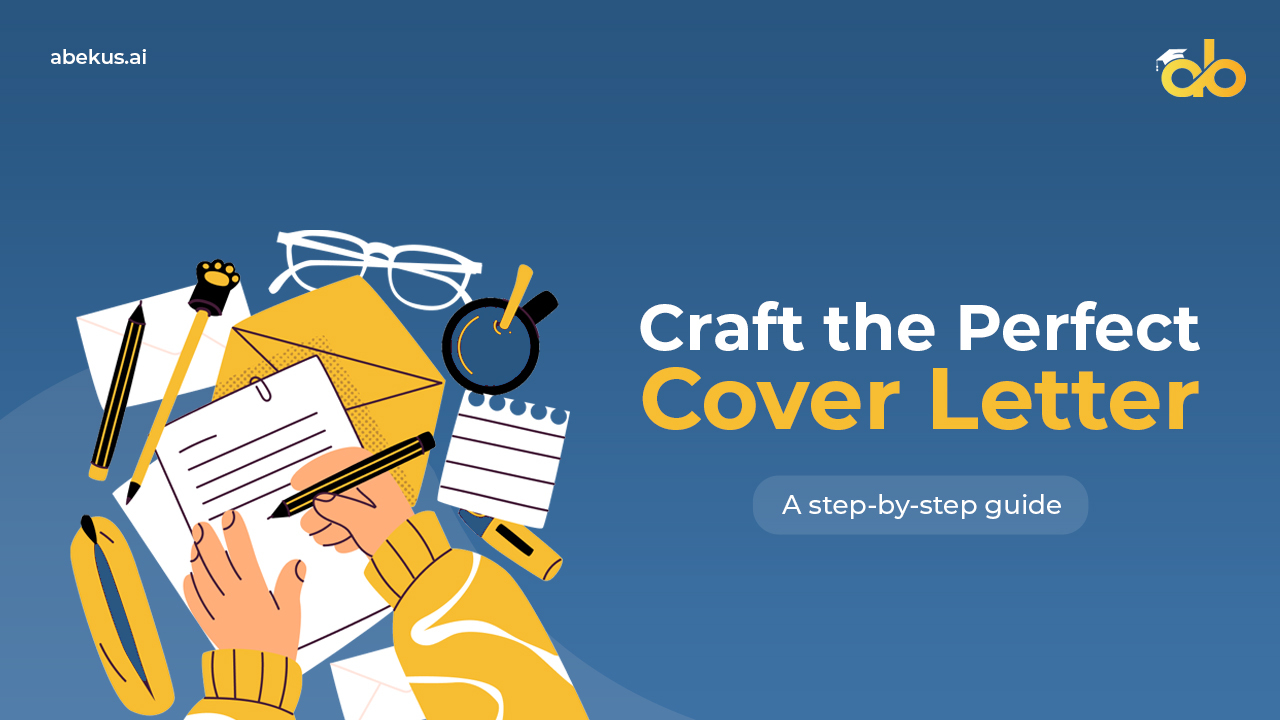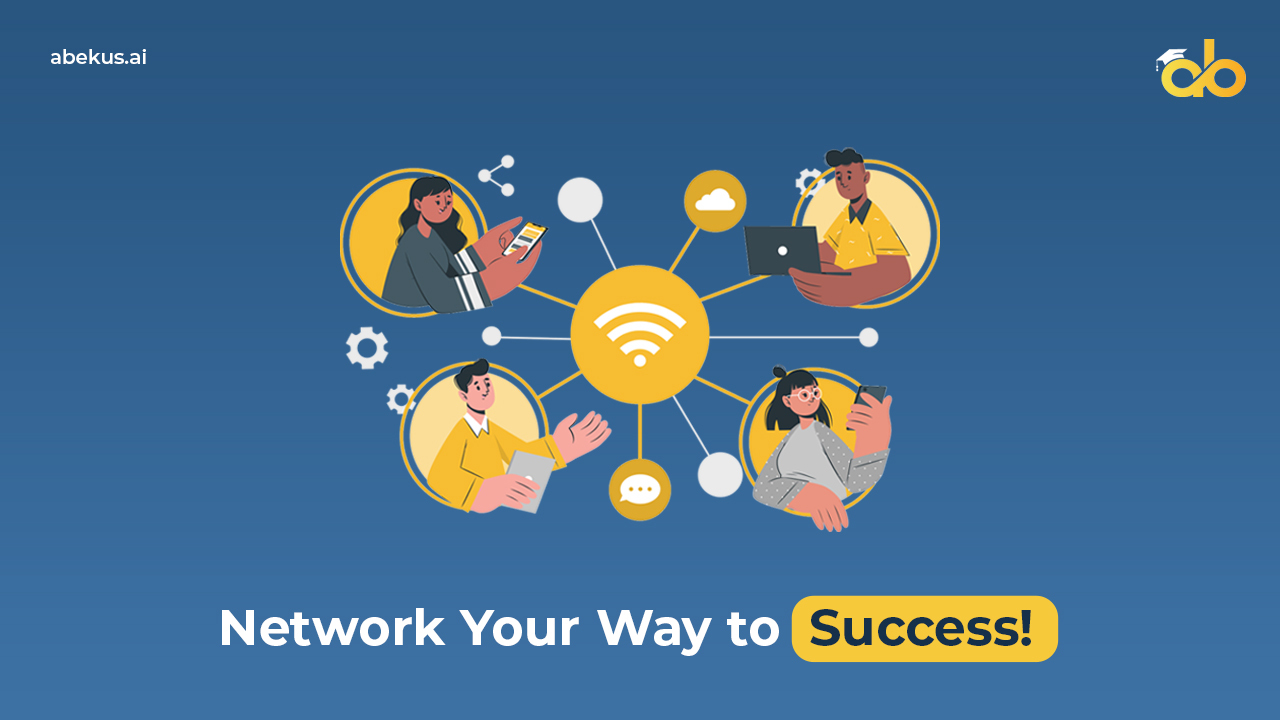Introduction
React.js is one of the most popular JavaScript libraries for building user interfaces, particularly for single-page applications. Its component-based architecture allows developers to create large web applications that can change data without reloading the page. Whether you’re a beginner or an experienced developer, improving your React.js skills is crucial to staying competitive in the ever-evolving tech industry. This article will guide you through the top resources to enhance your React.js expertise, from tutorials and courses to books and tools.
1. Why Learn React.js?
React.js has become the go-to library for many developers due to its flexibility, efficiency, and strong community support. Companies like Facebook, Instagram, and Airbnb use React.js in their tech stack, making it a valuable skill for web developers. Learning React.js opens up numerous job opportunities and allows you to build high-performing, dynamic web applications.
2. Official React.js Documentation
One of the best places to start improving your React.js skills is the official React.js documentation. The documentation is comprehensive, regularly updated, and covers everything from the basics to advanced concepts. It’s a must-read for anyone serious about mastering React.js.
3. Online Courses
a. React.js on Udemy
Udemy offers a variety of courses on React.js, ranging from beginner to advanced levels. One of the most popular courses is “React – The Complete Guide (incl Hooks, React Router, Redux)” by Maximilian Schwarzmüller. This course covers everything you need to know about React.js, including Hooks, React Router, and Redux, with plenty of hands-on exercises to solidify your understanding.
b. Frontend Masters
Frontend Masters is another excellent platform for learning React.js. Industry experts teach their courses and focus on deepening your understanding of React.js. The “Complete Intro to React, v6” by Brian Holt is a highly recommended course that covers the latest React.js features and best practices.
c. freeCodeCamp
If you’re looking for a free resource, freeCodeCamp offers a comprehensive React.js curriculum. It includes interactive coding challenges, projects, and a community forum where you can ask questions and get feedback from other learners.
4. YouTube Channels
a. Traversy Media
Traversy Media is a popular YouTube channel that offers high-quality tutorials on various web development topics, including React.js. Brad Traversy’s teaching style is easy to follow, and his React.js tutorials cover everything from the basics to advanced topics like state management and context API.
b. The Net Ninja
The Net Ninja is another excellent YouTube channel for learning React.js. The channel’s React.js playlist includes over 30 tutorials that take you from the basics to building complex applications. The tutorials are well-organized, making it easy to follow along and build your React.js projects.
c. Academind
Academind, run by Maximilian Schwarzmüller, offers detailed and well-explained tutorials on React.js. The channel covers a wide range of React.js topics, including Hooks, Redux, and performance optimization. The tutorials are in-depth, making them a valuable resource for intermediate to advanced learners.
Looking for React.js Jobs? We’ve got you covered. Sign up on Jobs by Abekus today!
5. Books
a. “React Up & Running” by Stoyan Stefanov
“React Up & Running” is a great book for beginners who want to get a solid understanding of React.js. The book covers the fundamentals of React.js, including components, props, state, and lifecycle methods. It’s an excellent resource for anyone new to React.js or looking to reinforce their understanding of the basics.
b. “Learning React” by Alex Banks and Eve Porcello
“Learning React” is another highly recommended book that provides a comprehensive introduction to React.js. The book covers the essential concepts of React.js, including JSX, component architecture, and Hooks. It also includes practical examples and exercises to help you apply what you’ve learned.
c. “Fullstack React: The Complete Guide to ReactJS and Friends”
“Fullstack React” is a hands-on guide that takes you through building a full-fledged React.js application from scratch. The book covers everything from setting up your development environment to deploying your React.js app. It’s a great resource for developers who want to take their React.js skills to the next level.
6. Blogs and Articles
a. CSS-Tricks
CSS-Tricks is a popular web design and development blog that frequently publishes articles on React.js. The articles cover a wide range of topics, from beginner tutorials to advanced techniques. CSS-Tricks is a great resource for staying up-to-date with the latest React.js trends and best practices.
b. LogRocket Blog
LogRocket is a front-end performance monitoring tool, and its blog features in-depth articles on React.js. The blog covers topics like performance optimization, state management, and best practices for building scalable React.js applications. The articles are written by industry experts, making them a valuable resource for developers of all skill levels.
c. Dev.to
Dev.to is a community-driven platform where developers share articles, tutorials, and insights on various topics, including React.js. The platform has a vibrant community of React.js developers, making it a great place to find tutorials, ask questions, and share your knowledge.
7. GitHub Repositories
a. Awesome React
The Awesome React GitHub repository is a curated list of React.js resources, including tutorials, libraries, tools, and articles. It’s a one-stop shop for everything React.js and is regularly updated by the community. Browsing through this repository can help you discover new tools and techniques to improve your React.js skills.
b. React.js Examples
The React.js Examples GitHub repository contains a collection of real-world React.js examples and best practices. The examples cover a wide range of use cases, from simple components to complex applications. Studying these examples can help you understand how to apply React.js concepts in real-world scenarios.
c. React Patterns
React Patterns is a GitHub repository that documents common React.js patterns and best practices. The repository includes patterns for component design, state management, and performance optimization. Understanding these patterns can help you write cleaner, more maintainable React.js code.
8. Podcasts
a. React Podcast
React Podcast is a weekly podcast that features interviews with React.js developers and industry experts. The podcast covers a wide range of topics, including new React.js features, tools, and best practices. It’s a great way to stay updated with the latest developments in the React.js ecosystem.
b. JavaScript Jabber
JavaScript Jabber is a popular podcast that covers all things JavaScript, including React.js. The podcast features discussions on the latest JavaScript frameworks, libraries, and tools. It’s a valuable resource for React.js developers who want to stay informed about the broader JavaScript ecosystem.
9. Tools and Libraries
a. React Developer Tools
React Developer Tools is an official browser extension for Chrome and Firefox that allows you to inspect the React.js component hierarchy in your applications. The tool makes it easy to debug React.js applications and understand how your components are structured.
b. Storybook
Storybook is a popular tool for developing UI components in isolation. It allows you to build, test, and document your React.js components in a sandbox environment. Storybook is widely used in the industry and can help you improve your component design and development process.
c. ESLint with React.js
ESLint is a popular JavaScript linter, and with the ESLint React plugin, you can enforce best practices and coding standards in your React.js projects. The plugin provides rules for common React.js mistakes and helps you write cleaner, more maintainable code.
10. Practice Projects
a. Abekus
Abekus.ai, where you can practice over 4,000+ React.js questions. Abekus goes a step further by using AI to analyze your skills, offering personalized, skills-based questions to help you focus on areas where you need improvement. This targeted practice can significantly accelerate your learning curve and ensure you’re well-prepared for real-world challenges.
b. Create a Weather App
A weather app is another excellent project for practicing React.js. The app requires you to fetch data from an external API, manage the state, and display the data dynamically. Building a weather app will help you understand how to work with APIs and manage data in React.js applications.
c. Develop a Blog Platform
Developing a simple blog platform is a more advanced project that will challenge your React.js skills. The project involves creating a backend to store blog posts, managing user authentication, and building a frontend to display and edit posts. This project will give you hands-on experience with full-stack React.js development.
Conclusion
Improving your React.js skills requires continuous learning and practice. By leveraging the resources mentioned above, you can stay ahead of the curve and build robust, efficient, and scalable applications. Whether you’re just starting or looking to deepen your knowledge, these tutorials, courses, books, tools, and projects will help you become a more proficient React.js developer. Remember, the key to mastering React.js is consistent practice and staying updated with the latest developments in the ecosystem.
FAQs
- What is the best way to start learning React.js?
- Start with the official React.js documentation, as it provides a comprehensive guide for beginners. Supplement your learning with online courses and tutorials to reinforce your understanding.
- How long does it take to learn React.js?
- The time it takes to learn React.js varies depending on your prior experience with JavaScript and web development. On average, it can take a few weeks to a few months to become proficient.
- Is React.js worth learning in 2024?
- Absolutely. React.js continues to be one of the most popular and in-demand libraries for front-end development. Its widespread use in the industry makes it a valuable skill for web developers.
- What are some common challenges faced when learning React.js?
- Common challenges include understanding the component lifecycle, managing the state effectively, and working with complex libraries like Redux. Practice and studying various resources can help overcome these challenges.
- Can I learn React.js without prior JavaScript experience?
- While it’s possible, having a solid understanding of JavaScript fundamentals will make learning React.js much easier. Having at least a basic knowledge of JavaScript is recommended before diving into React.js.






